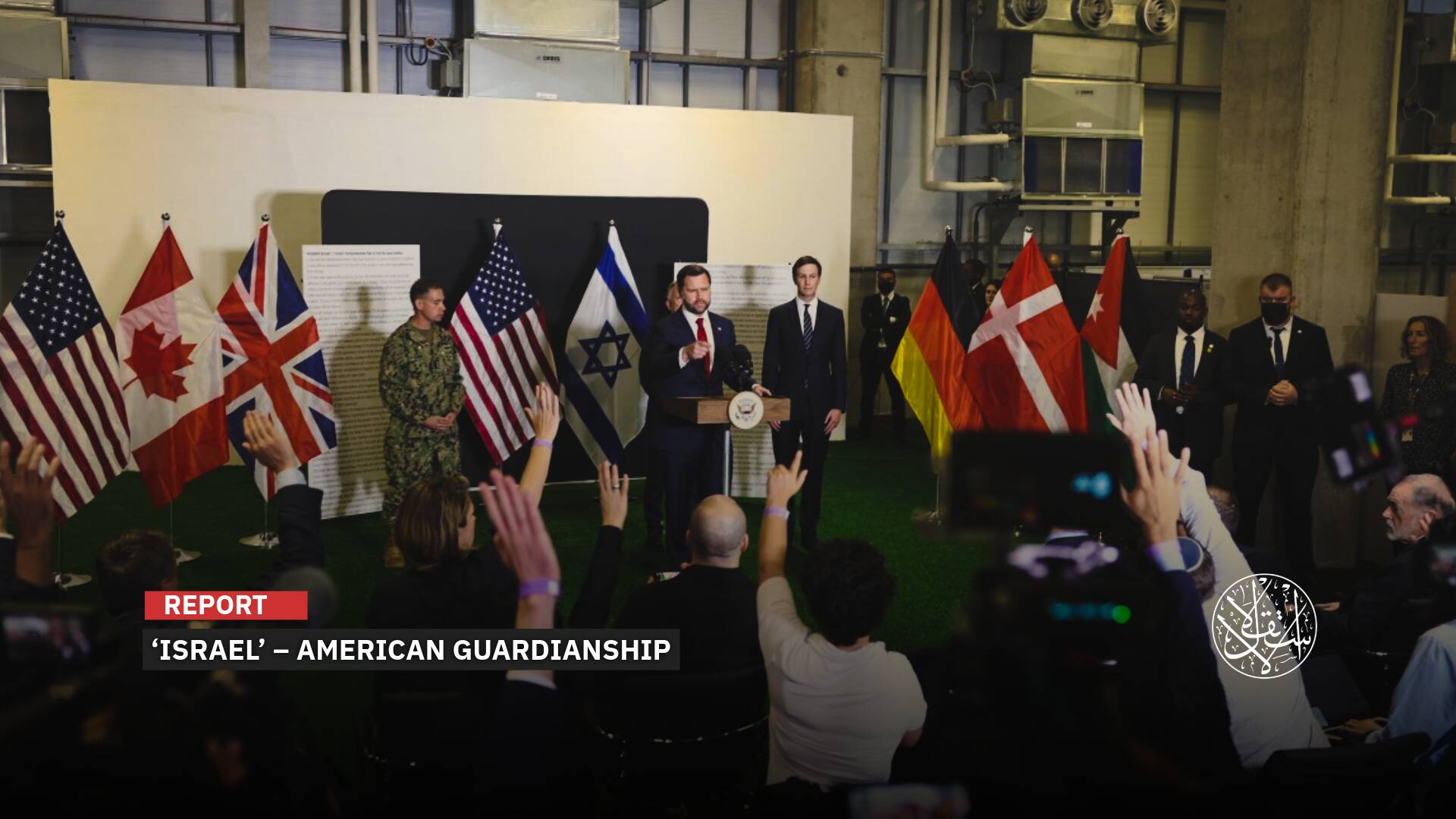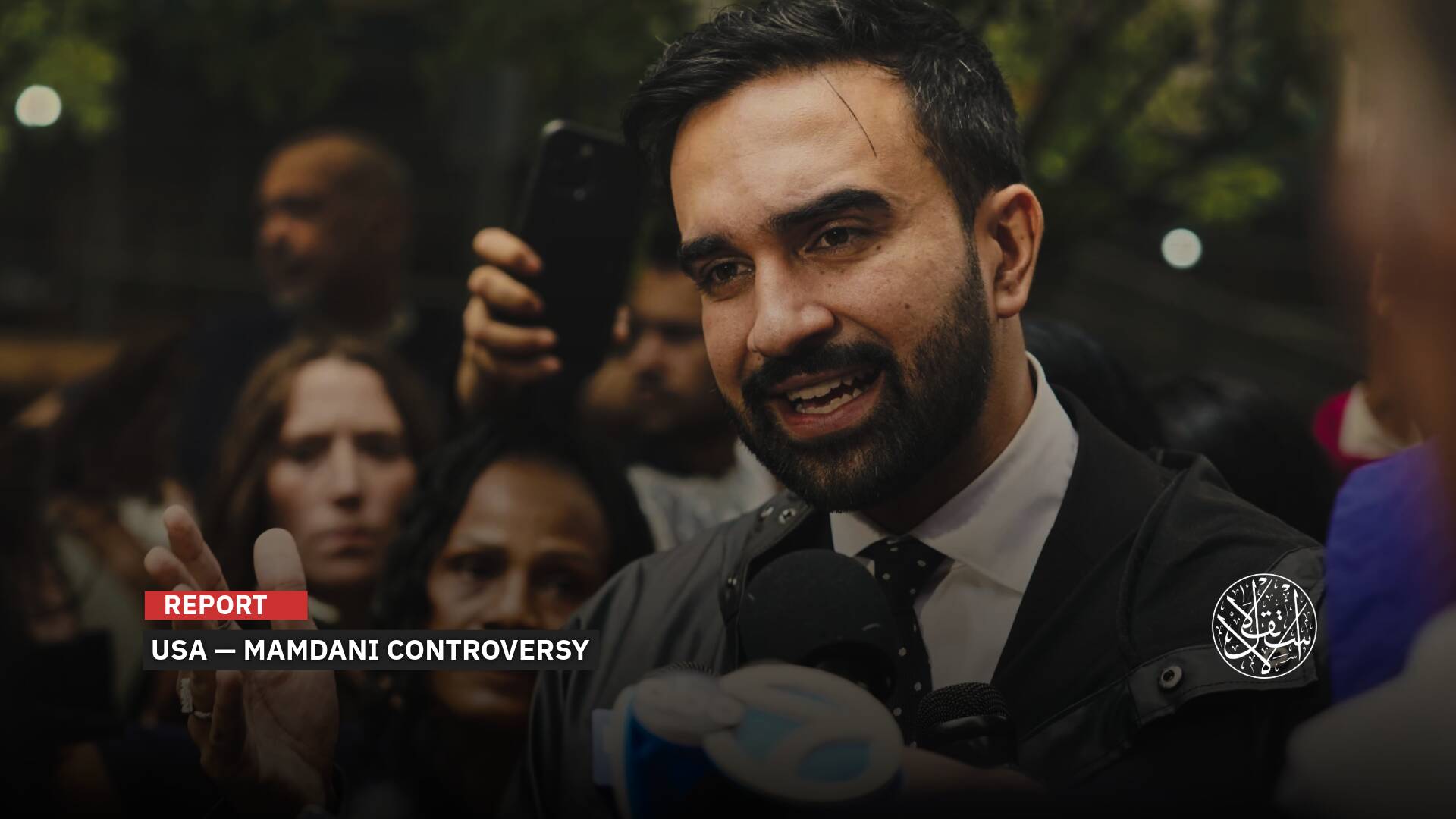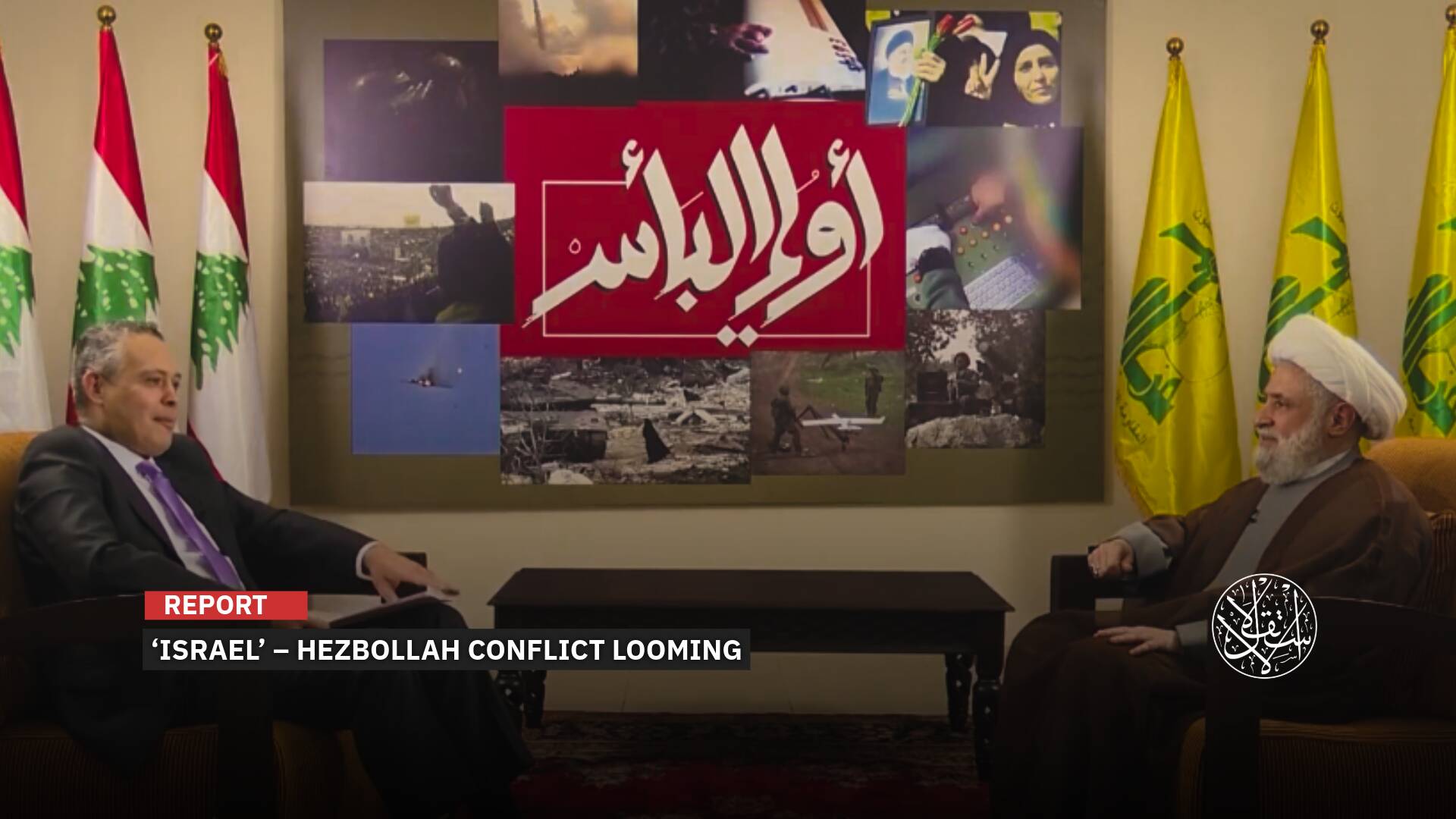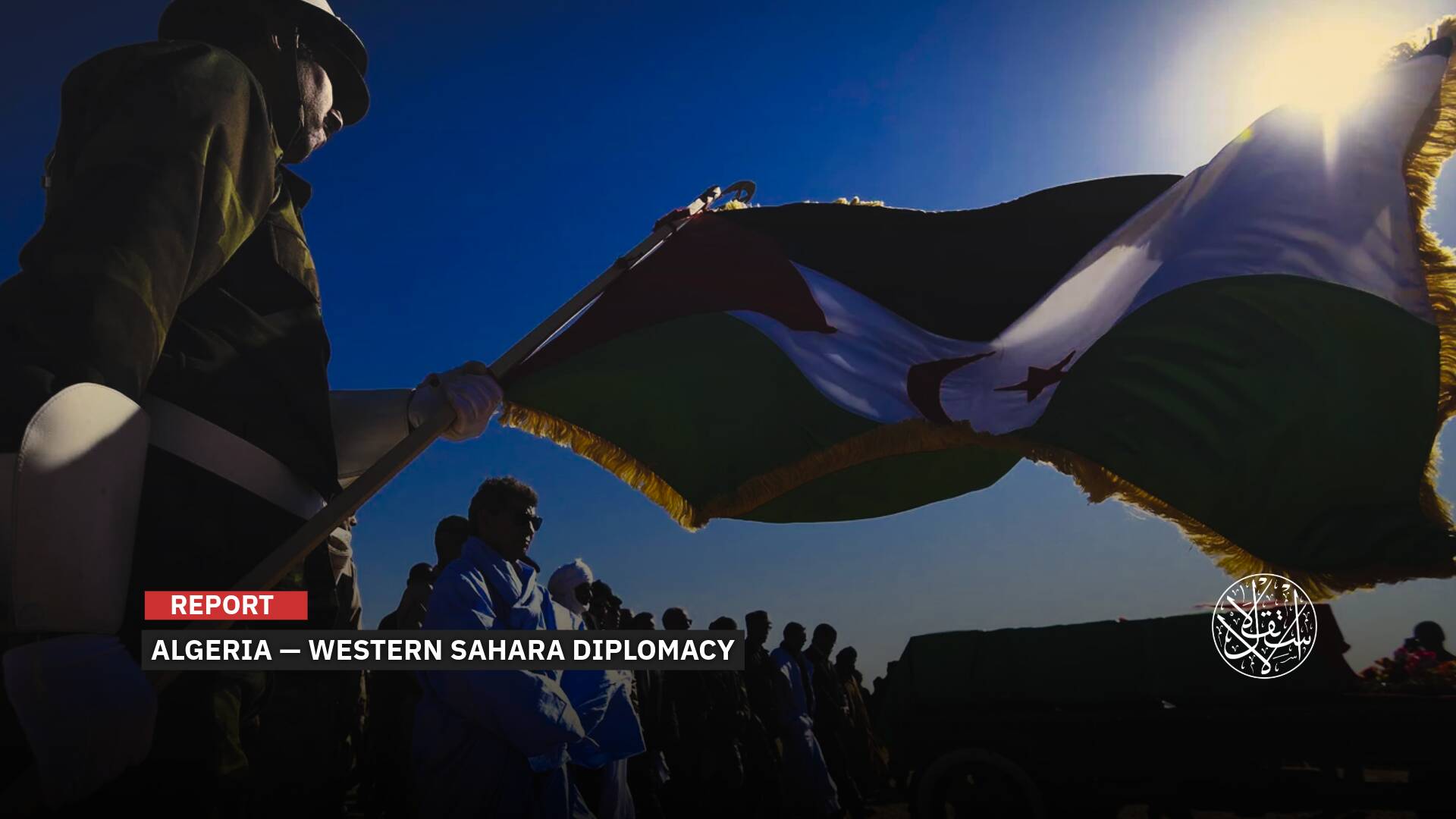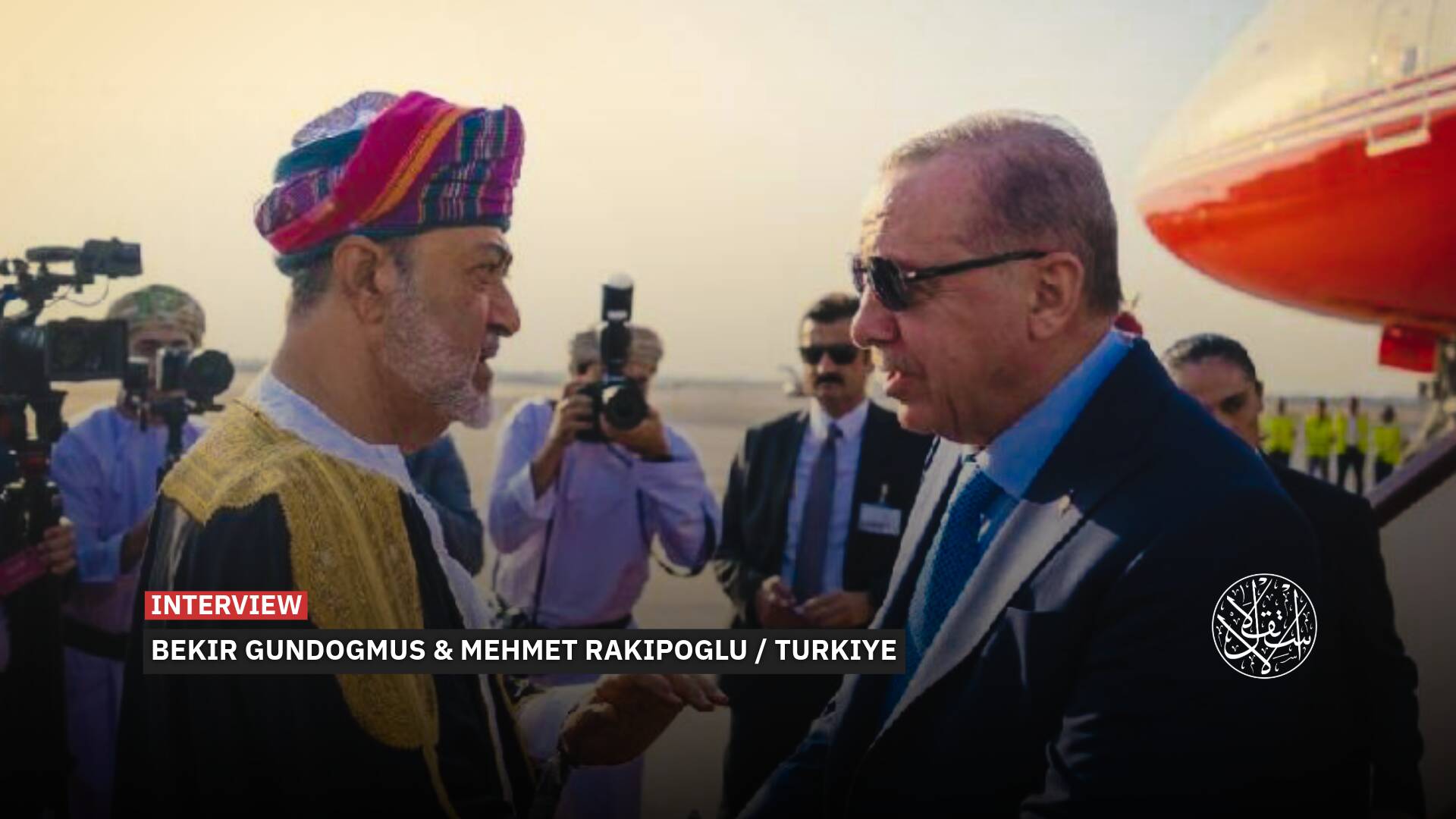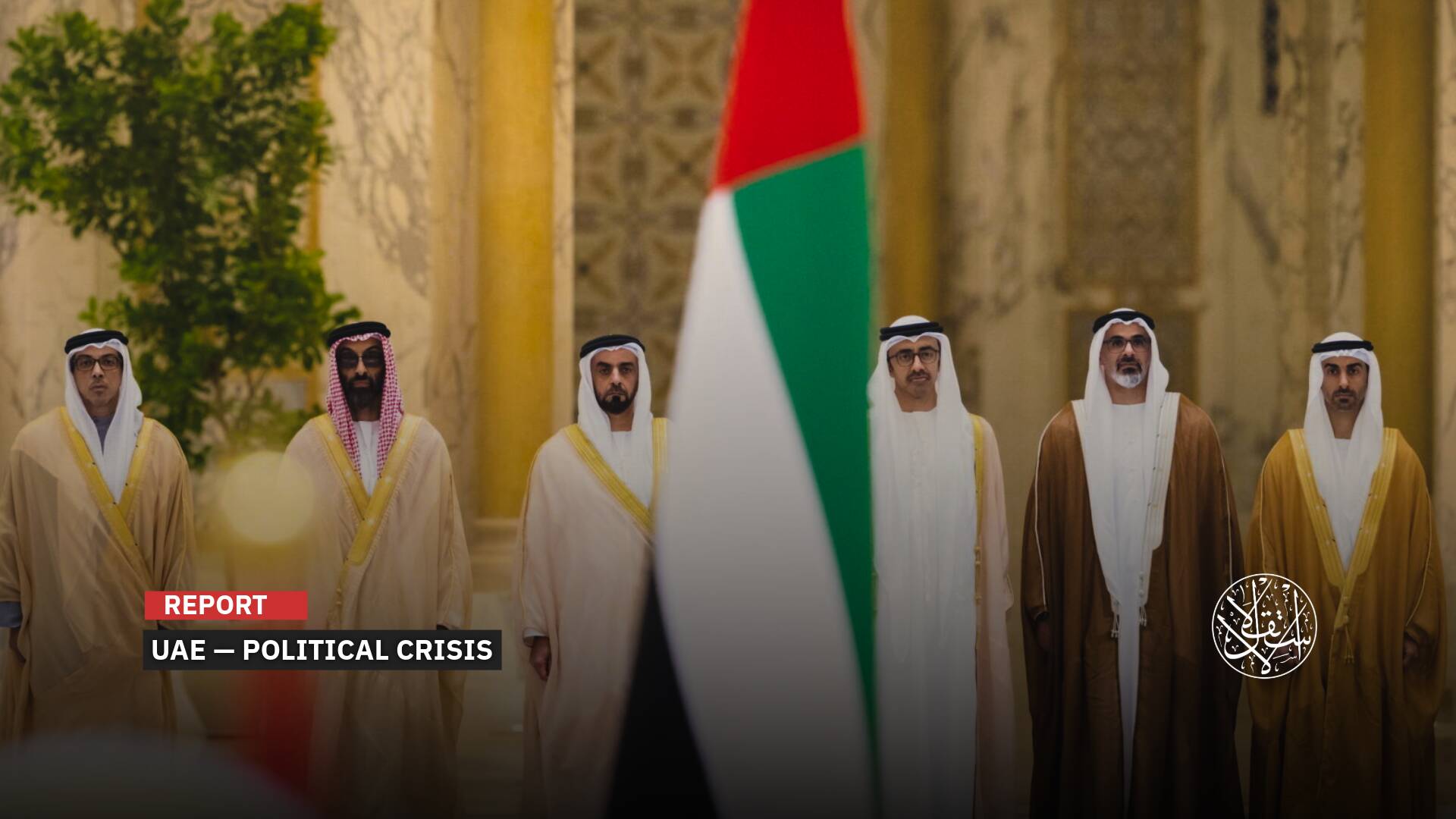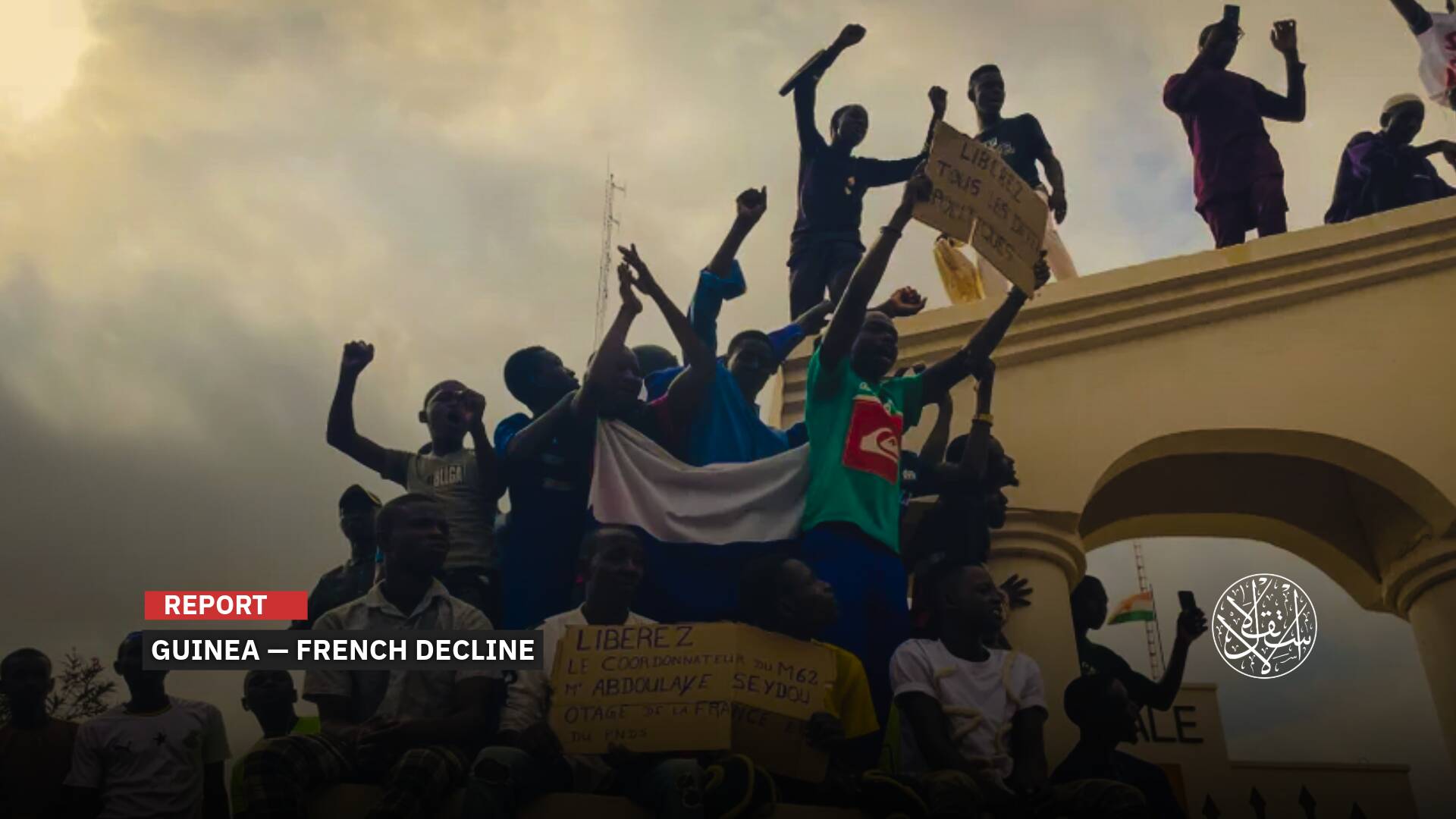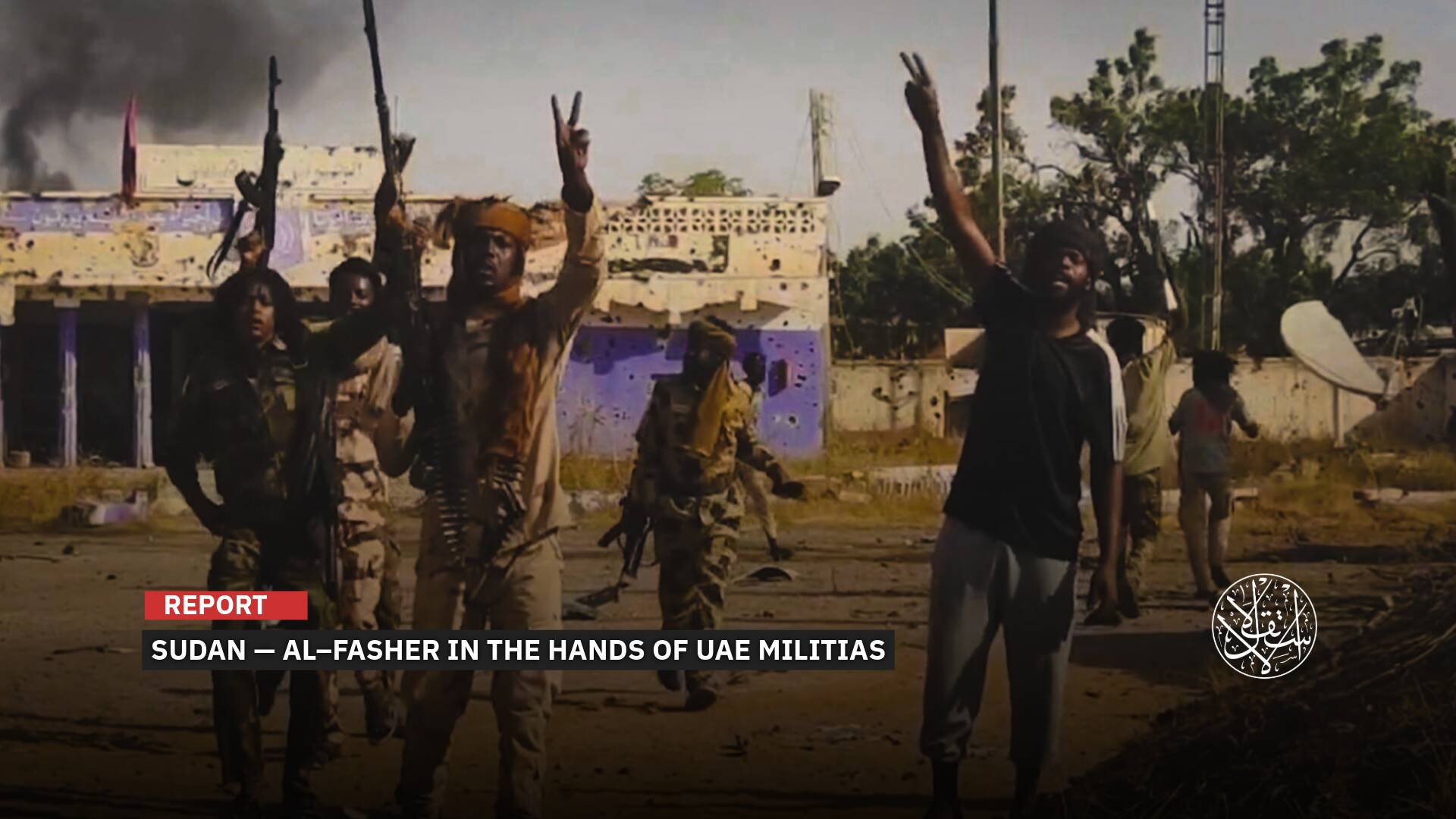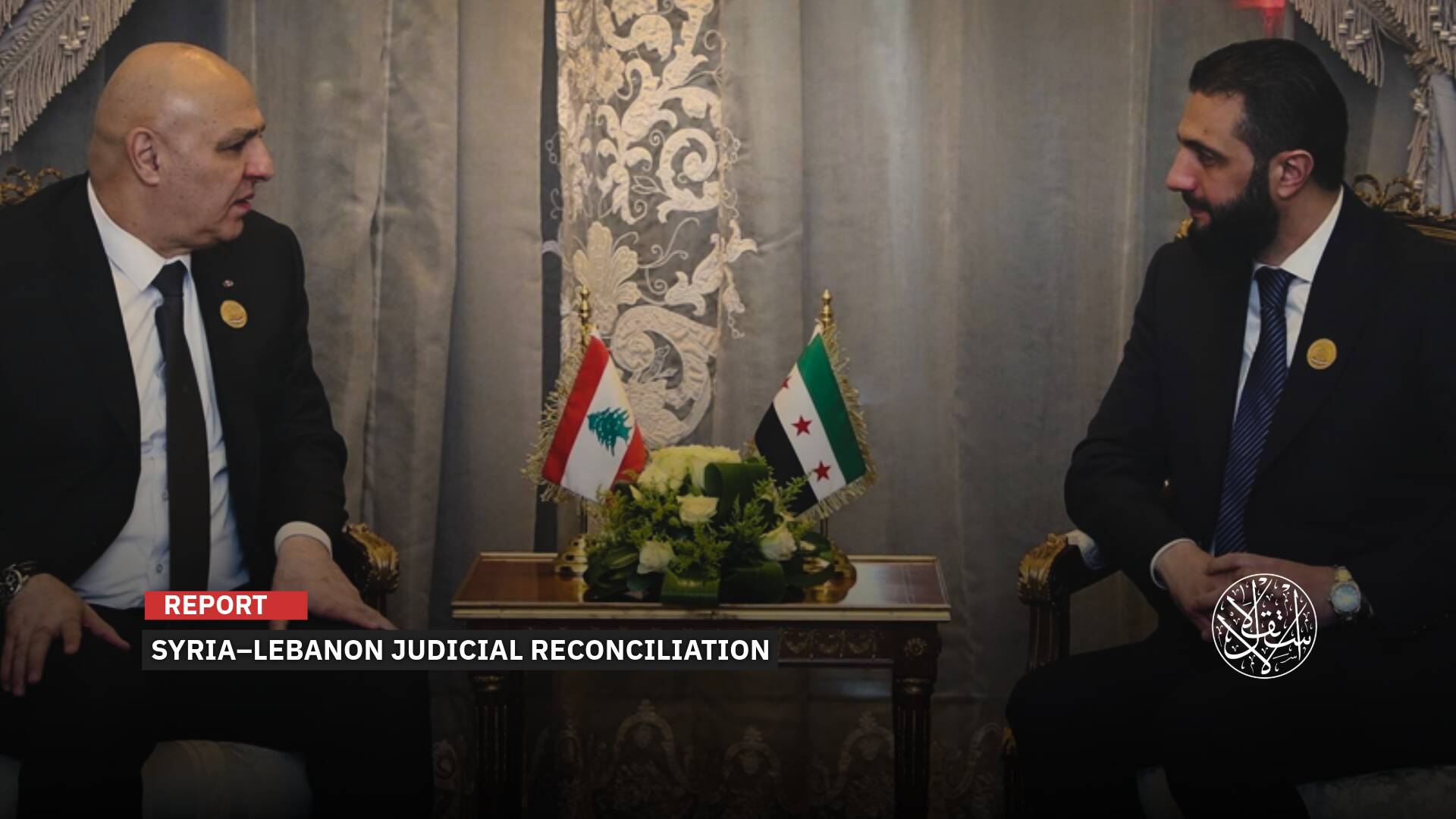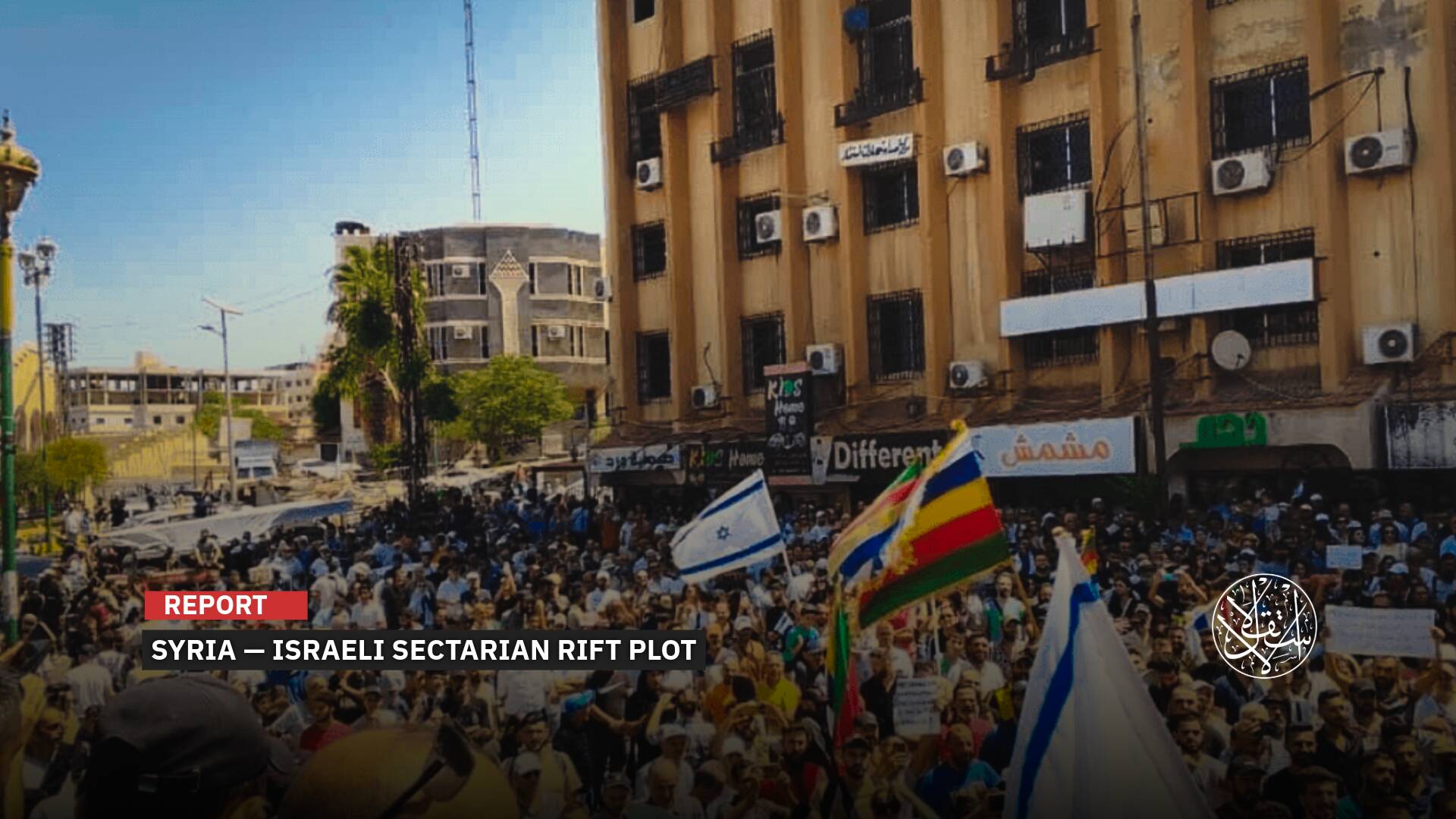Increasing Obstacles: What’s Behind the Stalled Comprehensive Cooperation Agreement Between Moscow and Tehran?

Russia sees flaws in the comprehensive agreement with Iran.
The strategic partnership between Russia and Iran, particularly in military areas, has significantly expanded since the invasion of Ukraine in February 2022. This partnership is based on their "positive cooperation" in Syria since 2015, according to experts.
Russia turned to Iran for new tactics and access to black market networks to weather the economic storm that hit the Kremlin after the invasion of Ukraine, hoping to counter Western sanctions.
Since then, Russia and Iran have found common ground to evolve their tactical cooperation into a full-fledged defense partnership, seeing it as beneficial for their domestic fronts.
This accelerating rapprochement led to the pursuit of a comprehensive and strategic cooperation agreement between the two countries. The idea was publicly discussed in September 2022 when Russian President Vladimir Putin and former Iranian President Ebrahim Raisi addressed it on the sidelines of the Shanghai Cooperation Organization summit in Samarkand.
However, on June 11, 2024, Zamir Kabulov, Director of the Second Asian Department of the Ministry of Foreign Affairs of Russia, made notable remarks to RIA Novosti agency stating that the decision to finalize a comprehensive cooperation agreement with Tehran is currently stalled due to problems on the Iranian side.
"This is a strategic decision of the leadership of the two countries. I have no doubt that it will be completed after the text of the agreement is agreed upon, and then the leaders of the two countries will decide on the time and place of signing,” Kabulov added.
Comprehensive Agreement
Such notable statements, particularly at this juncture when the terms of the agreement were reportedly under review by both parties, prompted Russian presidential spokesperson Dmitry Peskov to also comment on the issue. He stated on the same day that work on a cooperation agreement between Russia and Iran "is still ongoing."
Peskov clarified in a press statement that "the timeline might shift due to Iran's preparations for the presidential elections on June 28, 2024."
Foreign Minister of Russia Sergey Lavrov stated that the comprehensive cooperation agreement between Russia and Iran cannot be signed now, even though half of the work has been completed.
“Iran still needs to complete several procedural steps to present the comprehensive agreement for the presidents' signatures," Lavrov added during a press conference following a meeting of BRICS foreign ministers in Nizhny Novgorod, Russia, on June 11, 2024.
Lavrov noted that Russia reaffirmed its commitment to this document during a meeting with Acting Foreign Minister of Iran Ali Bagheri, emphasizing that the agreement aims to elevate Russian-Iranian relations to an entirely different level.
Lavrov's remarks revealed the Iranian government's inability over two years to resolve procedural issues related to the comprehensive cooperation agreement between Moscow and Tehran.
It appears that this agreement is fraught with many obstacles and challenges, delaying its signing by the leadership of both countries despite the late President Ebrahim Raisi's visit to Moscow on December 7, 2023, and his meeting with Putin before his tragic helicopter crash in northwestern Iran on May 19, 2024.
Russia and Iran have developed close relations in recent years, opposing what they perceive as harmful U.S. foreign policies and attempting to establish what they claim to be a more just multipolar world order.
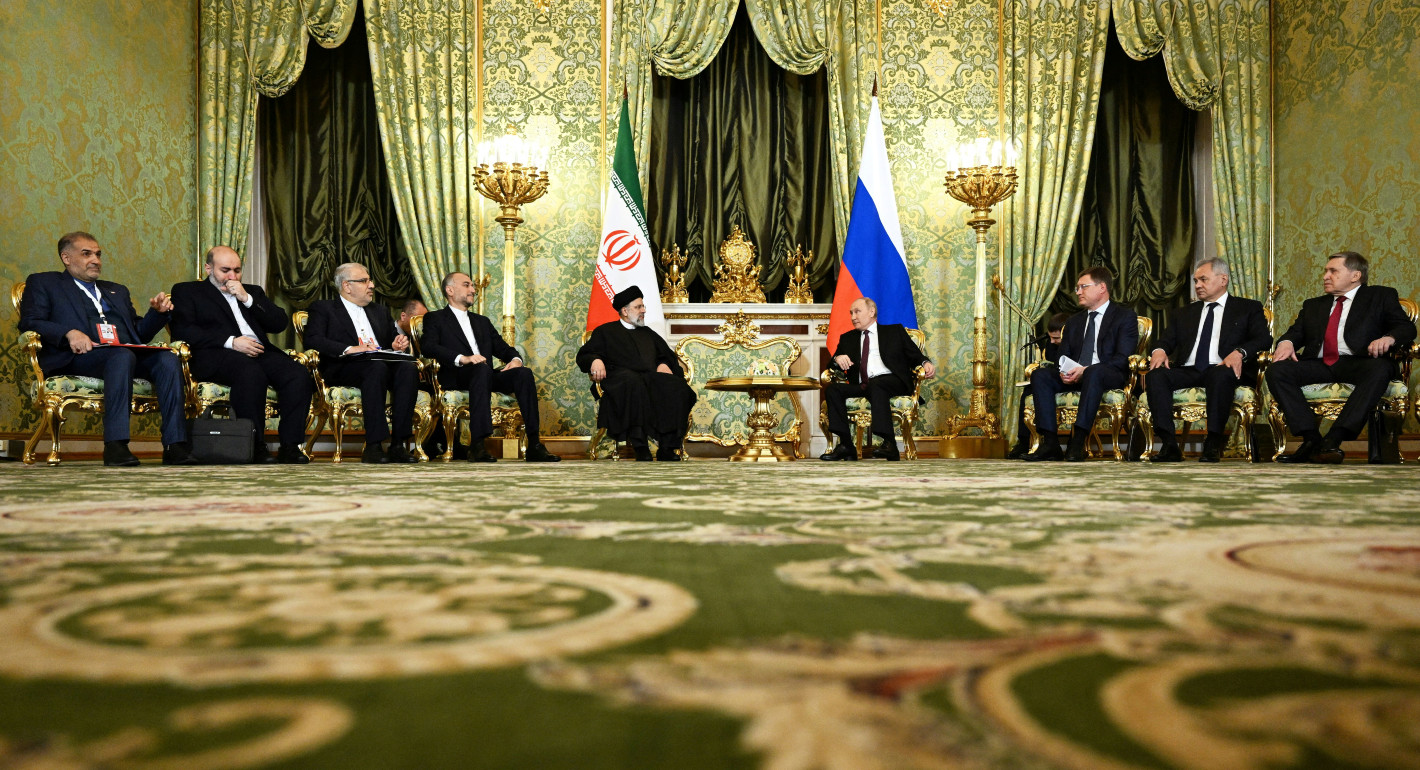
Putin, whose country is under a range of U.S. and European sanctions due to his invasion of Ukraine, has built a close partnership with Iran, including in the military field.
Currently, Iran supplies Russia with drones, air-to-ground munitions, and artillery shells for use in Ukraine, and is building a drone production plant inside Russia.
In November 2023, the U.S. government disclosed declassified intelligence indicating that Iran is considering providing Russia with ballistic missiles.
In return, Moscow appears ready to offer Su-35 fighter jets and upgrade Iran's air defense systems.
There are also signs that military technology exchange extends to electronics, other radar systems, and attack helicopters.
Challenges and Obstacles
However, the fate of the main agreement on comprehensive cooperation, which is supposed to define Russia-Iran relations for decades, still seems to need further revisions.
The discussions were not about a regular diplomatic agreement between Moscow and Tehran since the announcement of their pursuit of such a strategic agreement.
Rather, it was about a special kind of treaty meant to define the relationship between the two countries for the coming decades and to be at the core of future developments facing Russia and Iran, who share conflicting interests with the U.S. and Europeans.
A comprehensive agreement like this must clarify the broad framework for establishing the strategic alliance between Russia and Iran and include long-term implementation programs, whether political, economic, military, or cultural.
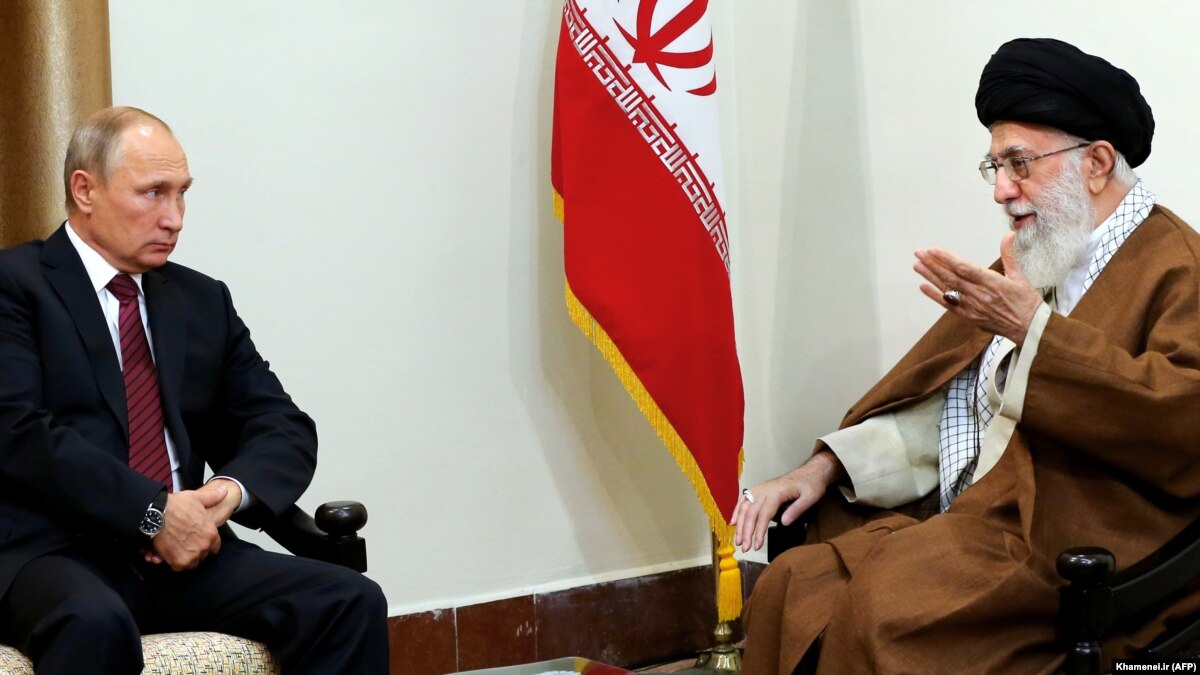
In this context, Iranian affairs writer Ammar Jello noted that "Iran, particularly its hardline faction, is keen to sign a comprehensive cooperation agreement with Russia. However, there are opposing views within Iran, arguing against entering partnerships that may impose obligations and reduce certain gains or increase burdens."
Jello told Al-Estiklal that "Iran sees itself as lacking an ally since the establishment of the Islamic Republic and is in need of one."
"Conversely, the Russians are cautious about signing a comprehensive cooperation agreement with Tehran. Moscow believes that such an agreement could negatively affect its relations with Arab and Gulf countries, especially Israel."
Jello highlighted that "Russia aims to maintain relationships with multiple parties, particularly after the Ukraine invasion, including the Gulf countries and Israel. Moscow views Israel as a gateway to the West in negotiations and the Gulf countries as a means to break isolation and influence oil prices."
"Russia sees gaps in the comprehensive agreement with Tehran that could create issues with China if Iran's actions destabilize the region. Such agreements obligate Russia to supply Iran with weapons and other support," Jello added.
Strategic Move
Jello suggested that "the discussions may lead to a new agreement or a renewal of the previous one signed in 2001. The relationship between Russia and Iran is based on each side leveraging the other to pressure the West and gain advantages."
On March 12, 2001, Russia and Iran first signed a treaty officially known as the treaty on the basis of mutual relations and principles of cooperation for 10 years. If neither party notifies the other in writing of its intention to terminate the agreement at least one year before its expiration, it is automatically extended for five years.
The agreement consists of a preamble and 21 articles. Article 6 states that the parties shall cooperate to expand long-term relations to implement joint projects in transport and energy (including nuclear energy), including the peaceful use of nuclear energy, construction of nuclear power plants, and industries, science and technology, agriculture, and public health.
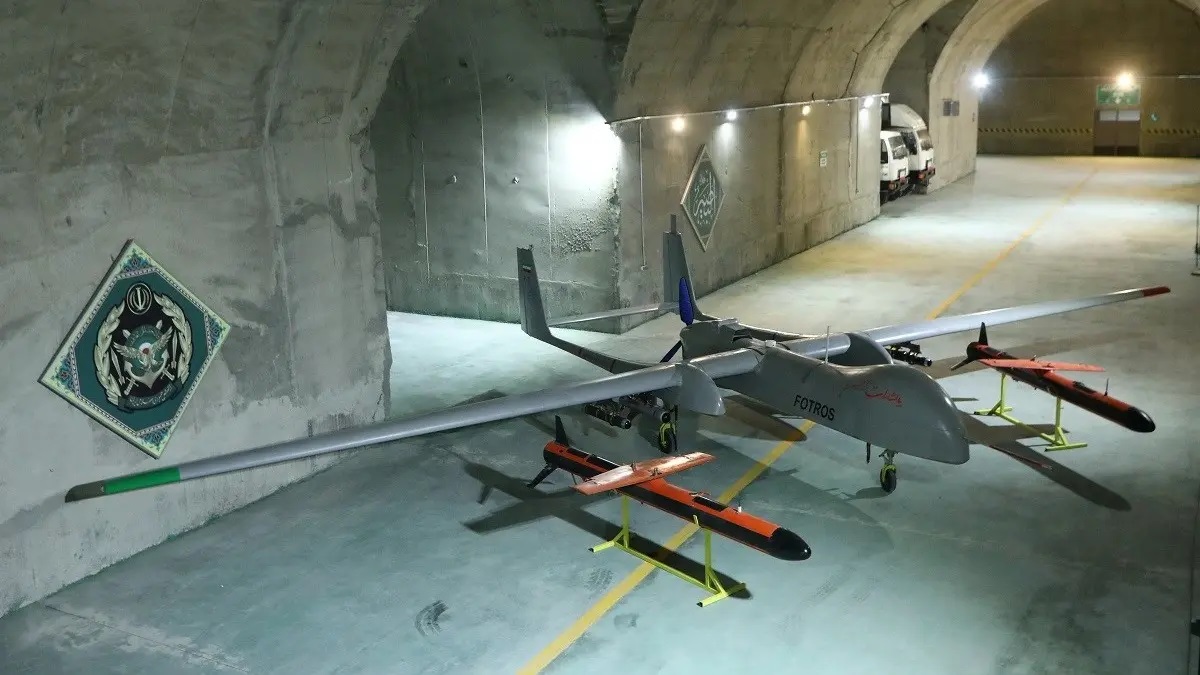
Undoubtedly, the escalating tension between Russia and the West over the Ukrainian conflict and Iran's involvement in supplying weapons to Moscow have intensified U.S., British, and European sanctions on Tehran.
Additionally, the significant developments in the Middle East, including Iran's limited confrontation with “Israel” in response to the assassination of its leaders in Syria, and its retaliation on April 13, 2024, by launching over 300 rockets and drones towards “Israel,” may prompt Russia to reconsider such a comprehensive agreement.
In this context, Reza Talebi, a journalist working for the opposition channel Iran International, suggests that the strategic agreement's delay might be a strategic move by Putin to exert more pressure on an isolated Iran, gain leverage in the agreement, and discourage Iran from negotiating with the West.
Talebi stated in a press release on June 11, 2024, that this move serves as a message from Putin to Tehran, warning them to reconsider their policies, particularly concerning Ukraine and the Gaza conflict. Additionally, it is intended to pressure the incoming Iranian government to enter negotiations to secure more favorable terms.
Sources
- Russian Foreign Ministry: The decision to conclude a comprehensive cooperation agreement with Iran is strategic and has not lost its momentum [Arabic]
- Lavrov: The comprehensive cooperation agreement between Russia and Iran is in the works [Arabic]
- Contradictory Reports Cloud Iran-Russia Strategic Deal
- What are the problems with the strategic agreement between Russia and Iran


